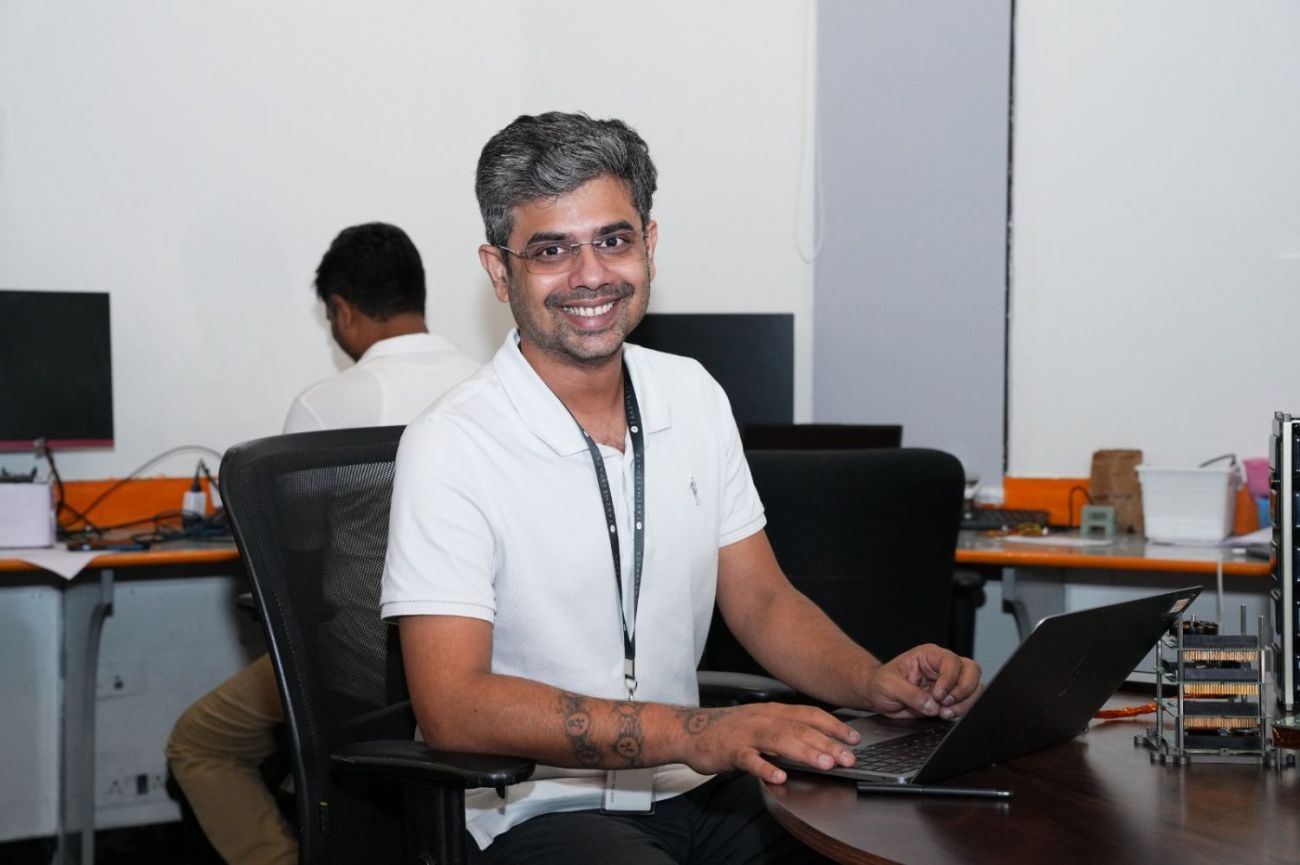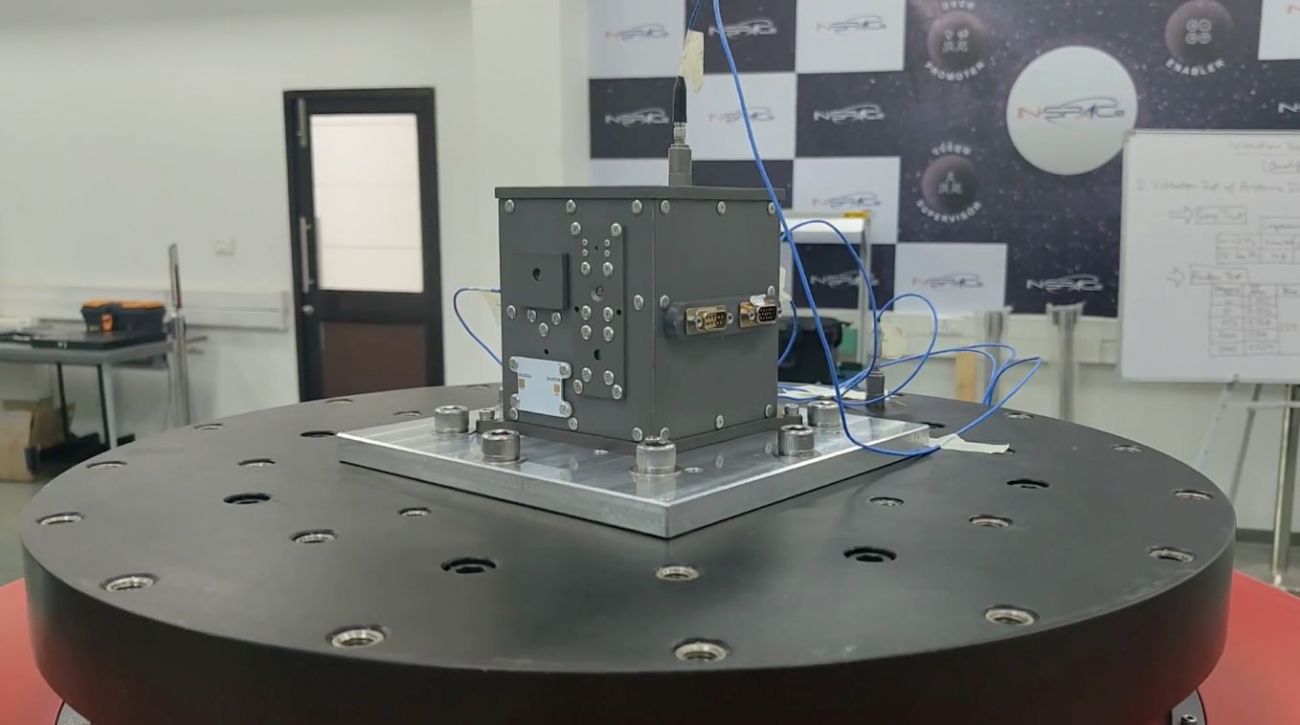TakeMe2Space Sets Stage for India's First AI-Powered Orbital Lab

Hyderabad, India – TakeMe2Space, a space technology firm based in Hyderabad, announced the forthcoming launch of MOI-TD (My Orbital Infrastructure - Technology Demonstrator), India’s first AI lab in space. The mission will demonstrate real-time data processing in orbit, making space research more affordable and accessible. The launch is scheduled for mid-December 2024 aboard ISRO’s PSLV C60 launch vehicle.
All testing and evaluation of the MOI-TD platform was facilitated by the IN-SPACe Technical Center. IN-SPACe, the single-window government agency for all space sector activities of private entities, played a key role in accelerating the development of the platform. The IN-SPACe Technical Centre located in Ahmedabad has proven invaluable for the Indian space ecosystem, offering state-of-the-art facilities for satellite testing and validation. TakeMe2Space plans to continue leveraging these resources for all future missions, building on their successful collaboration.
The MOI-TD platform addresses a fundamental challenge in satellite operations: satellites capture petabytes of data daily, with up to 40 percent potentially being unusable due to cloud cover or other factors. Yet all of it must be transmitted to Earth for processing—a process that can take weeks. By processing data directly in space, MOI-TD delivers the relevant insights to users. This drastically lowers both the cost of data transmission and latency.
“MOI-TD will demonstrate the ability to open up the space industry, specifically Earth Observation, to millions of space enthusiasts, researchers, and small companies,” said Ronak Kumar Samantray, Founder and CEO, TakeMe2Space. “The space sector has long been restricted to a select few. This needs to change to unlock the true potential of human creativity in space exploration and research.”
Users can access the satellite platform through OrbitLab, a web-based console that allows users to upload AI models for applications such as environmental monitoring, deforestation tracking, maritime activity observation, greenhouse gas emission detection, and custom Earth observation use cases. The satellite-as-a-service platform has already secured its inaugural research partners, including a leading Malaysian university and an enterprising group of 9th and 10th graders from an Indian school, demonstrating its potential for democratizing space research.
such as environmental monitoring, deforestation tracking, maritime activity observation, greenhouse gas emission detection, and custom Earth observation use cases. The satellite-as-a-service platform has already secured its inaugural research partners, including a leading Malaysian university and an enterprising group of 9th and 10th graders from an Indian school, demonstrating its potential for democratizing space research.
MOI-TD includes control software and hardware components, including reaction wheels, magnetorquers, an advanced onboard computer, and an AI accelerator. The satellite also features flexible solar cells that could power future satellites.
The mission represents a significant step towards building data centers in space. While the current mission focuses on Earth observation applications, the technology paves the way for future space-based computing capabilities that could support a wide range of applications, similar to current cloud computing services. Though currently 10-15 times more expensive than terrestrial alternatives, space-based data centers promise significant future cost reductions and, more importantly, a better alternative for the environment.
The successful demonstration of the company’s radiation shielding technology aboard PSLV C-58 earlier this year marked a crucial advancement in extending a satellite’s mission life. This development, combined with the platform’s accessibility, opens up unprecedented opportunities for space research.
Image Source: TakeMe2Space




 Facebook
Facebook.png) Twitter
Twitter Linkedin
Linkedin Subscribe
Subscribe